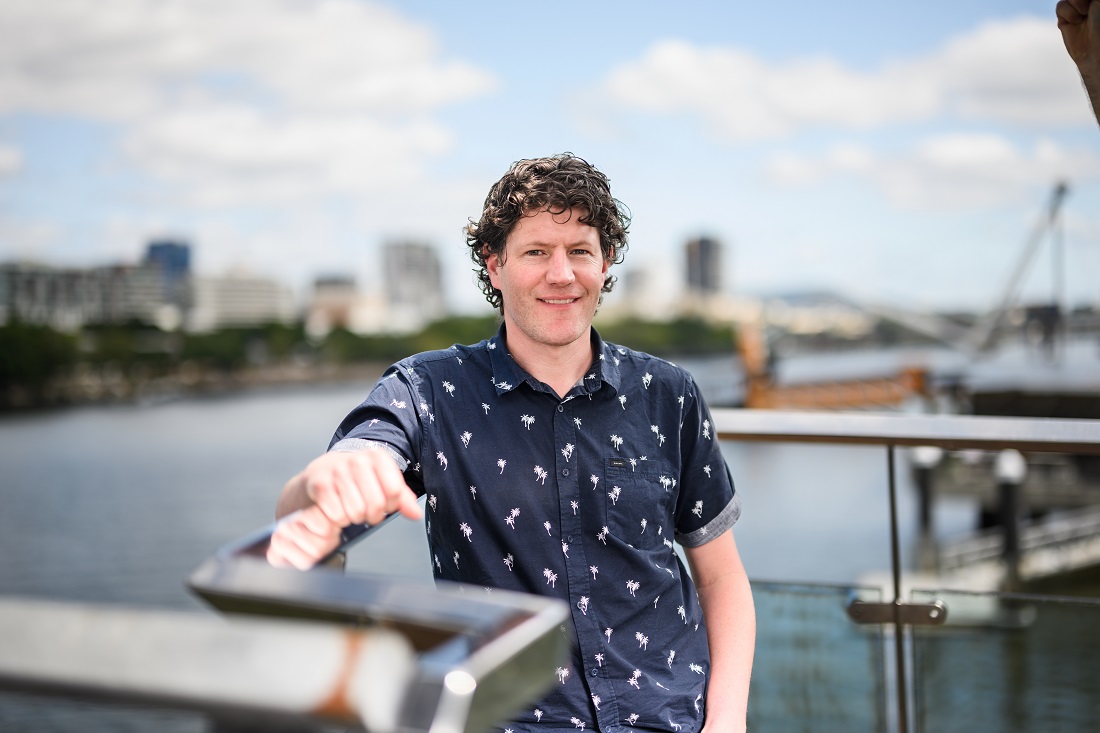Learn from expert water engineers
Ensuring the world has enough safe drinking water is one of our greatest challenges. Water engineer and Professor David McCarthy is leading research to tackle pollution to make sure stormwater is safe for reuse and discharge to downstream water bodies. David’s research has drawn cooperation from a wide range of water agencies nationally and internationally.
